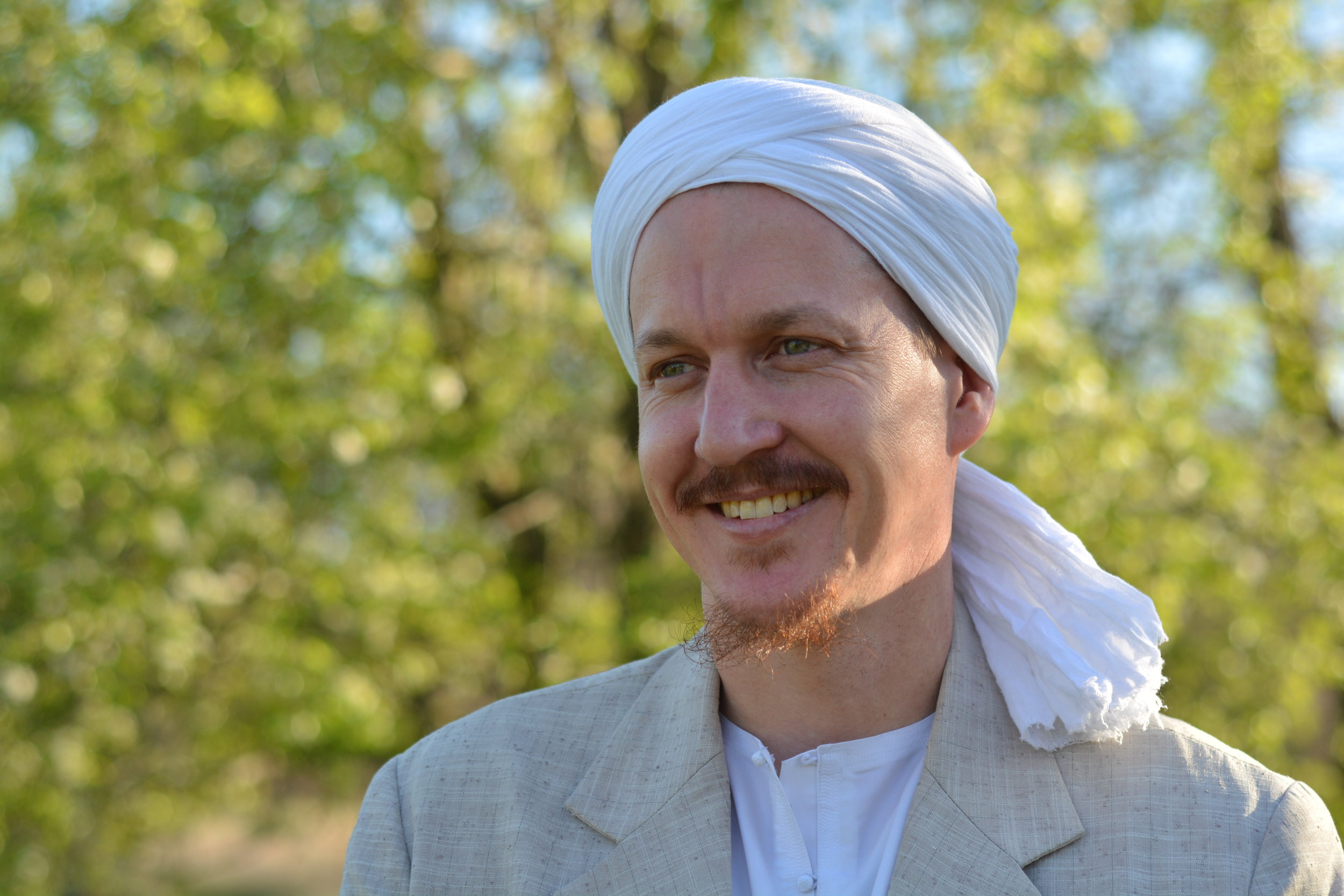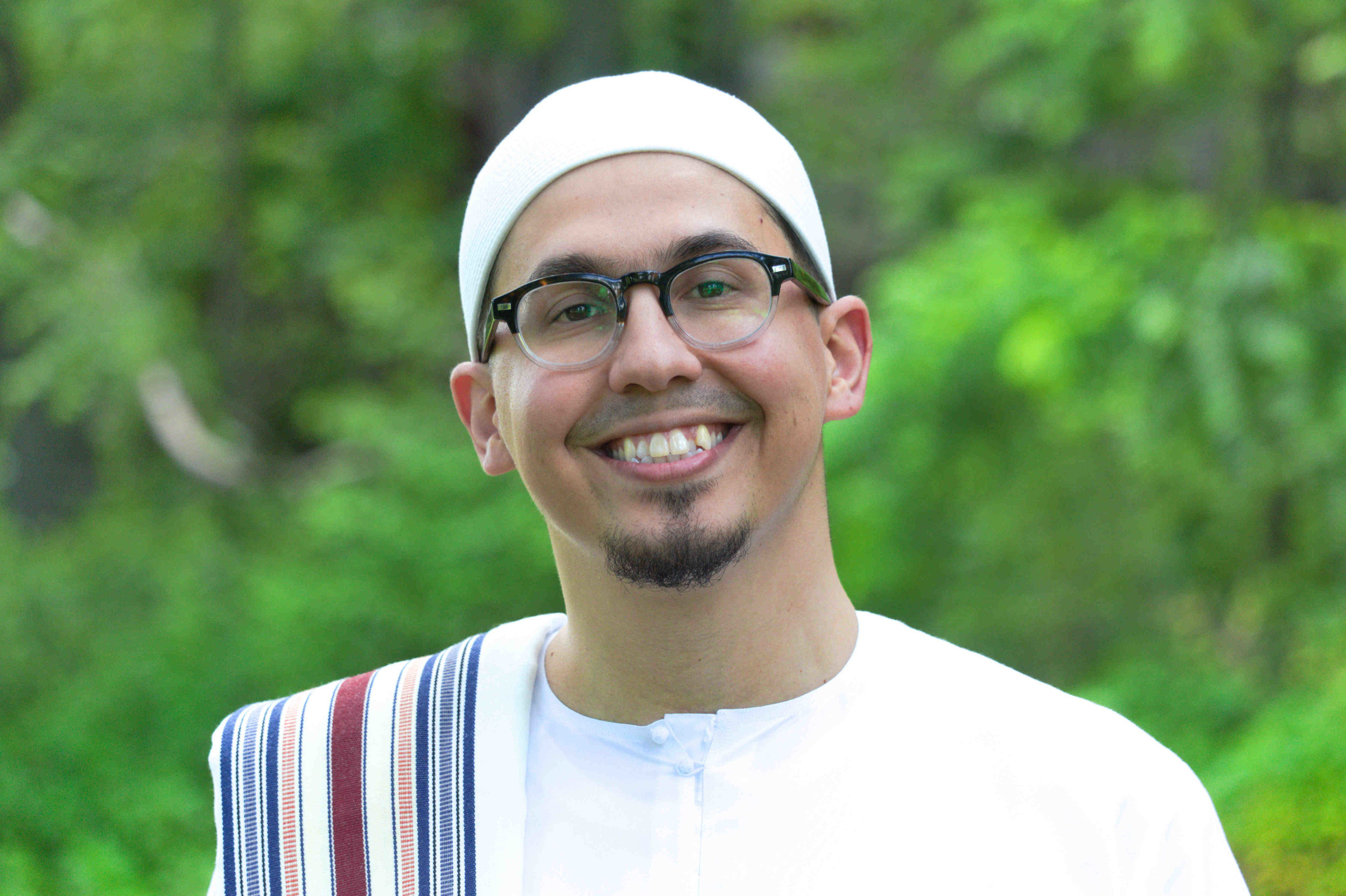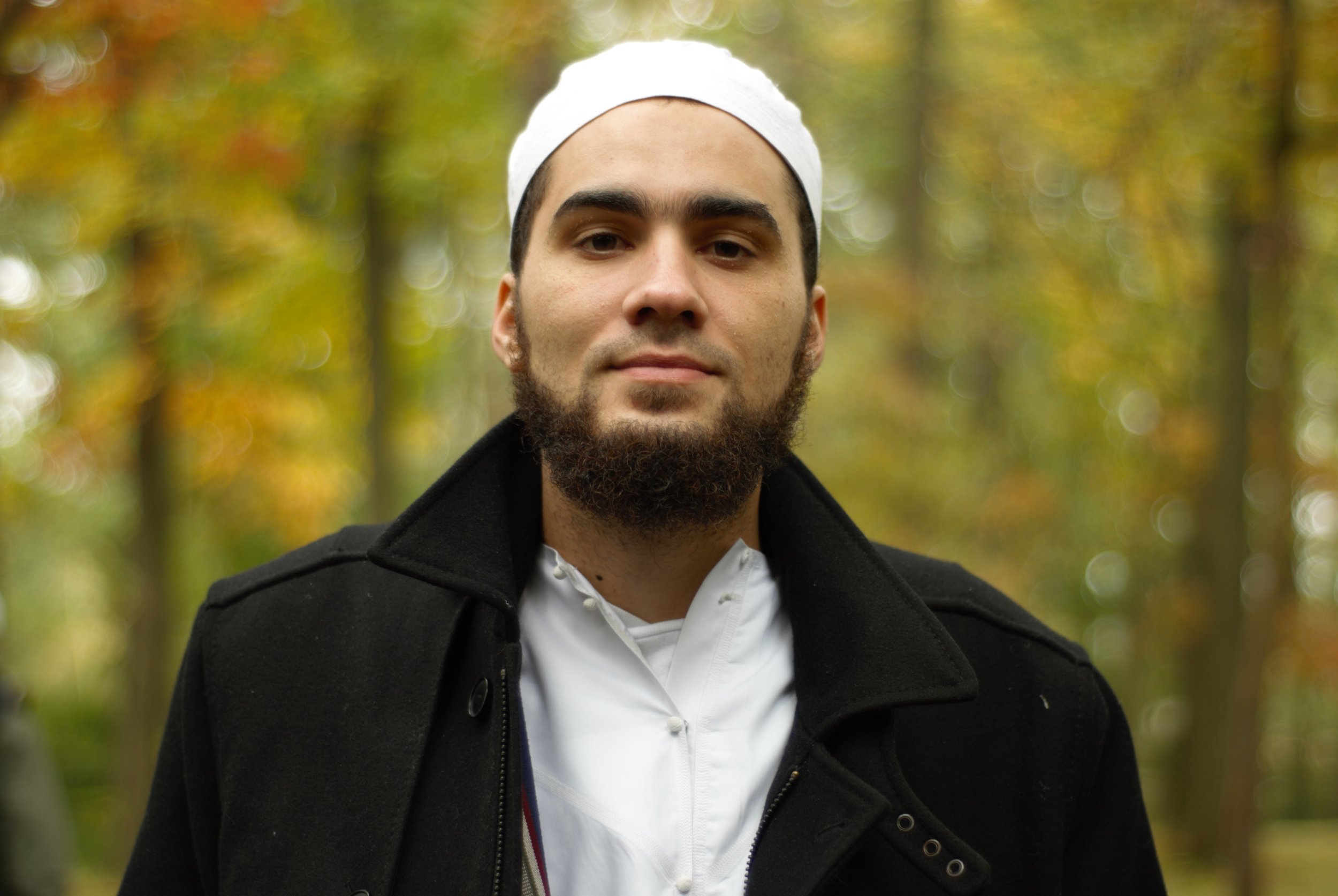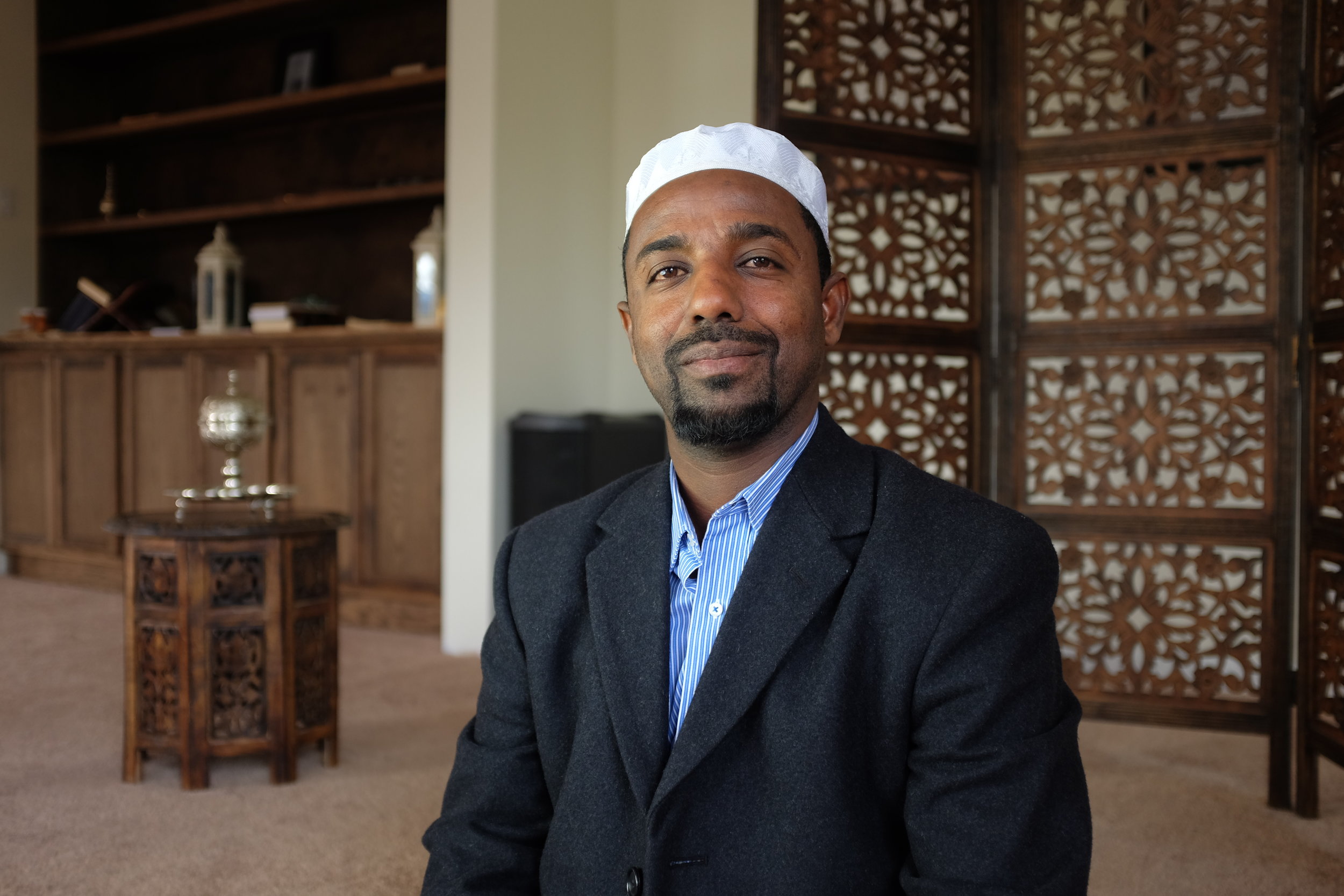The Pivotal Role of Love in Sufism : William Chittick
Full Paper PDF:
http://www.williamcchittick.com/wp-content/uploads/2019/05/The-Pivotal-Role-of-Love-in-Sufism.pdf
Love in Islamic Thought : William Chittick* Stony Brook University
Abstract : Love occupied the attention of numerous Muslim scholars from early times. Taking inspiration from the Qur’an, the Hadith, pre-Islamic poetry, and the Hellenistic legacy, they explained love’s nature in order to bring out the existential import of Islam’s fundamental teaching, the assertion of divine unity (tawh. īd). The 5th–6th/11th–12th centuries witnessed an upsurge in the literature of love, especially in Persian. Theoreticians and poets explained it as the energizing power that brings all things into existence and drives everything to its final goal. They held that God created human beings precisely because of His beginningless love for them, and that people are innately endowed with love because they were created in His image. The varieties of human love were taken as metaphors (majāz) for love’s reality (h.aqīqa), which is God’s love for beauty. Authors of such works directed their efforts not at instructing people in right conduct, which is the role of the jurists, nor at clarifying right belief, which is the job of the Kalam experts, but at helping them recognize that all pain and suffering are signs of separation from the One Beloved, and that the only truly human goal is to surrender to love’s demands.signs of separation from the One Beloved, and that the only truly human goal is to surrender to love’s demands.
Excerpt: "Two Qur’anic words are typically translated as love, h.ubb and wudd, the first of which became the standard term in later discussions. From the second is derived the Qur’anic divine name, al-wadūd, the Loving. The most important related divine attribute is rah.ma, mercy or compassion, a motherly quality that belies the patriarchal image of God put forth by jurists and dialectical theologians. The word rah.mais derived from the word rah.im, ‘womb,’a point that leads to subtle meditations on divine creativity (Murata, 1992, pp. 203–22). The Qur’an makes mercy a fundamental attribute of God, as in the verse, ‘Call upon God, or call upon the All-Merciful; whichever you call upon, to Him belong the most beautiful names’ (17:110). God makes His motherly mercy more fundamental than His patriarchal face in the famous h.adīth qudsī, ‘My mercy takes precedence over My wrath.’ The Prophet said that God is more merciful to His servant than any mother to her child, and those who quote this saying typically have in mind the universal meaning of the word servant, as in the Qur’anic verse, ‘There is nothing in the heavens and the earth that does not come to the All-Merciful as a servant’ (19:93). The Qur’an confirms this interpretation when it says that God’s mercy ‘embraces everything’ (7:156), which is to say that His motherly love extends to all that exists."
Full Paper PDF:
http://www.williamcchittick.com/wp-content/uploads/2019/05/Love-in-Islamic-Thought.pdf
The Divine Roots of Human Love: William Chittick
Full Paper PDF:
https://ibnarabisociety.org/the-divine-roots-of-human-love-william-chittick/
"Ibn al-‘Arabi begins his long chapter on love (mahabba) in the Futûhât al-Makkiyya – as he begins most of the book’s 560 chapters – by citing relevant Qur’anic verses and prophetic sayings (II 322.16).[1] He points out first that love is a divine attribute, and he lists several of the Qur’anic verses in which God is the subject of the verb ‘to love’. Fourteen of these verses mention those whom God loves and another twenty-three mention those whom God does not love. In every case, the objects of God’s love or lack of love are human beings. Indeed, the Qur’an associates love only with human beings among all creatures. Hence love is a key term if we are to understand what differentiates human beings from other created things. Most other divine attributes – such as life, knowledge, desire, power, speech, generosity, justice, mercy, and wrath – have no necessary connection with the human race."
The Sufi Path of Love: The Spiritual Teachings of Rumi- William Chittick
This is the most accessible work in English on the greatest mystical poet of Islam, providing a survey of the basic Sufi and Islamic doctrines concerning God and the world, the role of man in the cosmos, the need for religion, man's ultimate becoming, the states and stations of the mystical ascent to God, and the means whereby literature employs symbols to express "unseen" realities. William Chittick translates into English for the first time certain aspects of Rumi's work. He selects and rearranges Rumi's poetry and prose in order to leave aside unnecessary complications characteristic of other English translations and to present Rumi's ideas in an orderly fashion, yet in his own words. Thorough, nontechnical introductions to each chapter, and selections that gradually present a greater variety of terms and images, make this work easily accessible to those interested in the spirituality of any tradition.
"I consider this work to be of great importance in the field of Islamics in particular and of the humanities in general. It is superbly conceived and guides the reader through the theory, practice, and mystical realization of Rumi's thinking...I can think of no better way for a Westerner, and nowadays for a Westernized Muslim, to get to know the deeper aspects of the Islamic faith than through a work such as this. As far as I am aware of, it is the first work of its kind, providing the reader with a complete exposition of Rumi's fundamental notions through Rumi's own words. No one else has done this with the thoroughness and meticulousness shown by Chittick." -- Victor Danner, Indiana University.
Amazon:https://www.amazon.com/Sufi-Path-Love-Spiritual-Teachings/dp/0873957245
The Sufi Path of Love: The Spiritual Teachings of Rumi- William Chittick PDF
https://reverthelp.com/wp-content/uploads/2019/05/The-Sufi-Path-Of-Love-William-C.-Chittick.pdf








